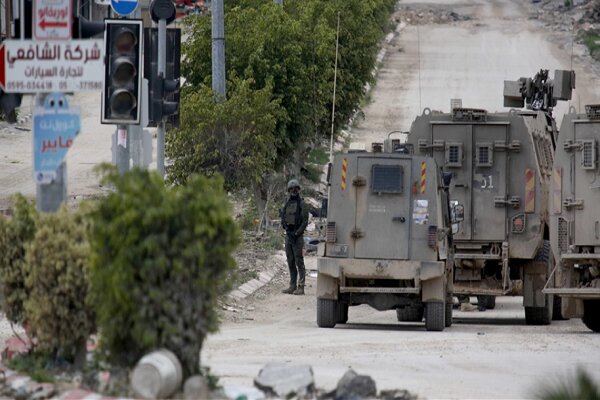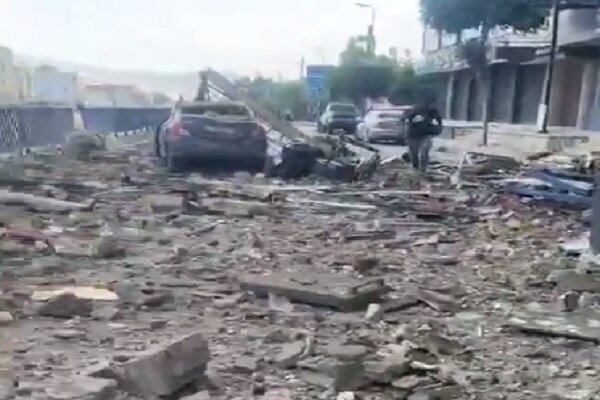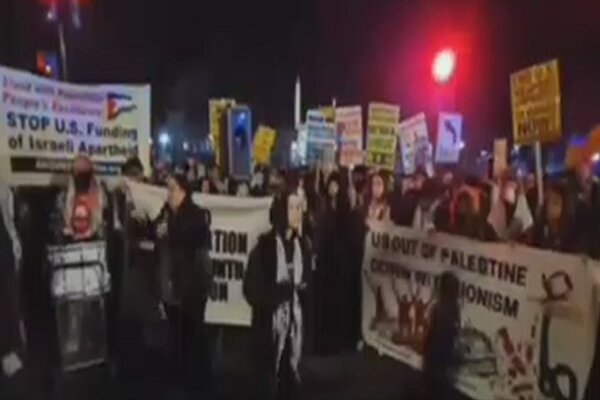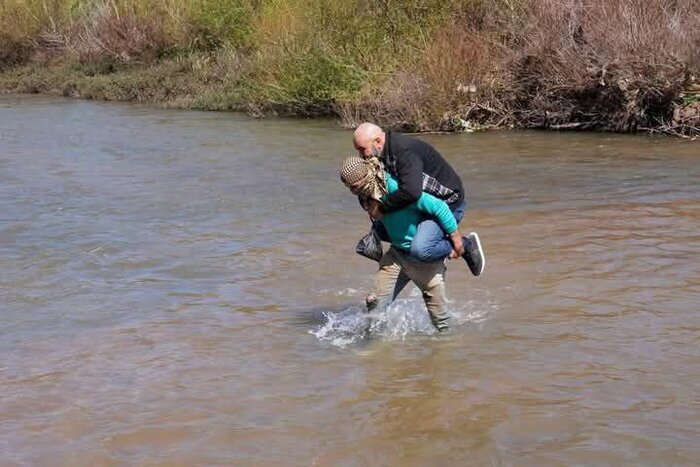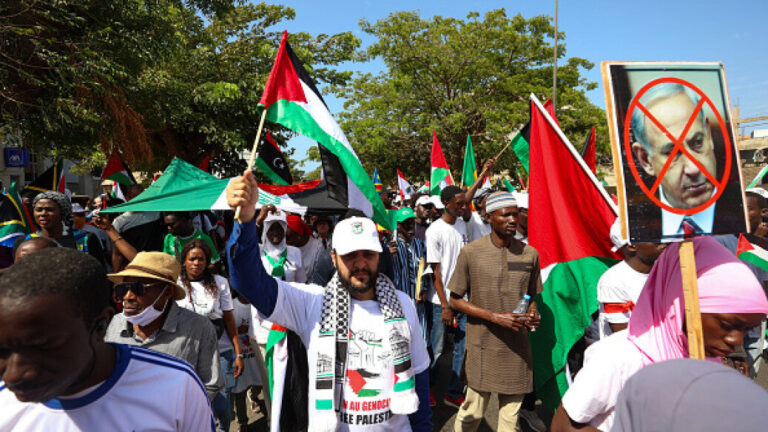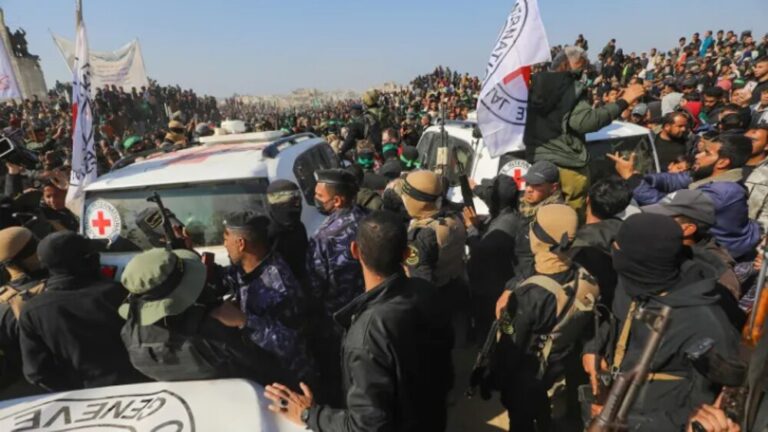UN Voices Alarm Over Ongoing Israeli Military Operations in the West Bank
In recent weeks, the situation in the West Bank has garnered significant attention, with ongoing operations by Israeli forces raising concerns. The UN Office for the Coordination of Humanitarian Affairs (OCHA) has been closely monitoring these developments. This article delves into the current state of affairs, highlighting the impact of military actions and settler violence on Palestinian communities.
During a recent news conference, UN spokesperson Stephane Dujarric emphasized the alarming nature of Israeli forces’ operations in the West Bank, describing them as “the longest there since the early 2000s.” This escalation has prompted a detailed assessment of the humanitarian situation in the region.
According to data from OCHA, there has been a troubling surge in incidents of settler violence. Dujarric noted that “settler violence also continues,” with the UN documenting 34 incidents between February 11 and 17, averaging almost five incidents per day. This violence predominantly involves illegal Israeli settlers, affecting the safety and livelihoods of Palestinians.
- In one reported incident, Israeli settlers severed agricultural water pipes in the Tulkarm governorate, which directly impacted the livelihoods of numerous Palestinian farmers.
- Nearly 40 Palestinians were displaced near the Al Maniya village in Bethlehem due to ongoing attacks from Israeli settlers over the past year.
Furthermore, Dujarric expressed serious concerns regarding the restrictions imposed by Israeli authorities on the movement of Palestinians. He warned that these measures significantly disrupt the daily lives of those living in the occupied territories.
OCHA’s findings indicate that since the beginning of 2023, nearly 2,300 Palestinians, including almost 1,100 children, have been displaced across the occupied West Bank. This alarming figure underscores the consequences of intensifying settler violence and the stringent access restrictions enforced by Israeli authorities.
The humanitarian landscape has been further complicated by the ongoing military operations conducted by Israeli forces in northern West Bank refugee camps, specifically in areas such as Jenin, Tulkarem, and Tubas. These operations have persisted for nearly two months, raising further concerns about the safety and stability of the region.
In a notable development, the Israeli army announced on a recent Friday the deployment of three additional battalions to the West Bank. This decision follows a directive from Israeli Prime Minister Benjamin Netanyahu, aimed at initiating a “strong operation” in the area.
The implications of these military actions are profound, affecting not only the immediate security situation but also the broader humanitarian context. The UN has called for urgent attention to the plight of displaced Palestinians and the need for measures to ensure their safety and well-being.
As tensions continue to rise, the international community watches closely, urging for a resolution to the ongoing conflict that respects the rights and dignity of all individuals involved. The situation in the West Bank remains fluid, and the challenges faced by Palestinian communities are increasingly dire.
In conclusion, the ongoing operations by Israeli forces and the rise in settler violence pose serious threats to the humanitarian situation in the West Bank. As the UN and other organizations continue to monitor the developments, it is crucial for the global community to advocate for the protection of vulnerable populations and work towards a sustainable peace in the region.
